The growth of tech-savvy agriculture should be beneficial not just for producers’ profits, but also for the planet. Smart agriculture and precision farming support sustainability by conserving water resources, reducing environmentally harmful nitrate run-off, and perhaps most critically, nurturing soil health.
For example, CropX is another ‘AgAanalytics’ platform said to have demonstrated 50% water savings across different crops and a 20% increase in yields. The Israeli company signed a deal with PepsiCo in summer 2021 to help its Mexican potato growers achieve similar savings while also improving soil health and lowering greenhouse emissions.
Similarly, Crop Performance – based in Cambridge, UK – provides geospatial analytics enabling growers and the food supply chain not only to increase crop yields and conserve resources but also to monitor the ecological impact of growing safe and healthy food. The company’s system quantifies the environmental impact of food production at the level of the field, farm, and catchment.
Fertilizer provides another example of the potentially significant environmental benefits of smarter farming. It is difficult for growers to strike the right balance between wastage and yield. The use of nitrogen-based fertilizer has risen six-fold over the last 50 years, and over-fertilization is responsible for around 12% of the once-arable land globally that has been rendered unusable, according to Imperial College London.
Soil sampling and laboratory analysis are too expensive and slow to provide actionable information. Instead, smart AI-enhanced sensors developed by the Imperial College London’s Department of Bioengineering measure levels of ammonium compound in the soil. These readings are combined with weather and other data and soil measurements for machine learning analysis. The system then predicts total nitrogen content up to 12 days ahead, so farmers can optimize fertilization timing and inputs.
Washed by rain into waterways, fertilizer deprives aquatic life of oxygen, leading to algal blooms and lower biodiversity. Excess nitrogen fertilizer also releases nitrous oxide into the air, a greenhouse gas 300 times more potent than carbon dioxide. Precision agriculture combats these problems and other emerging technologies can drive further efficiencies that will benefit planters and the planet in years to come.
At Ayming USA, we provide you value by sharing our current oversight of the market and insights gained from working with ag businesses for the last 35 years. In our whitepaper, Cross-Fertilizing Innovation, we take a detailed look at the digital technologies that are pushing the current agricultural revolution and provide an expert understanding of what this all means for your ag business moving forward.

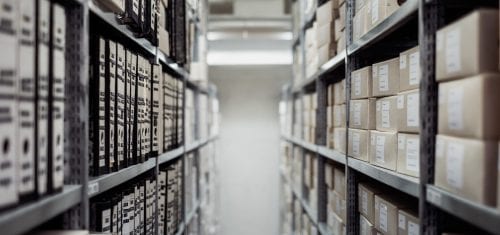
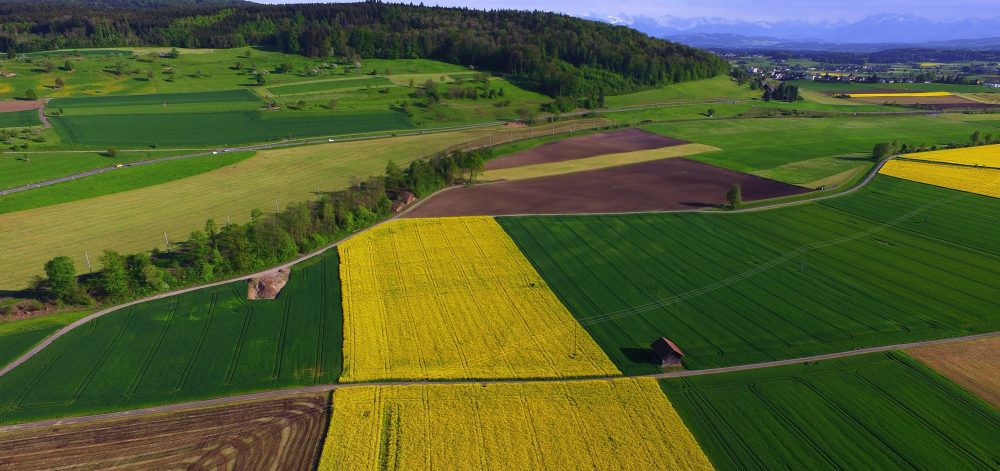

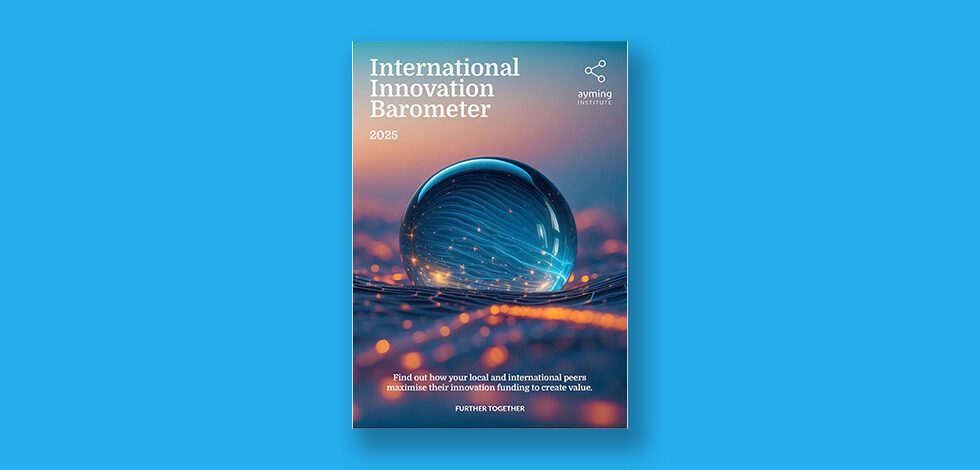




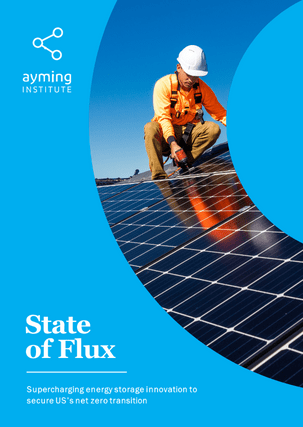
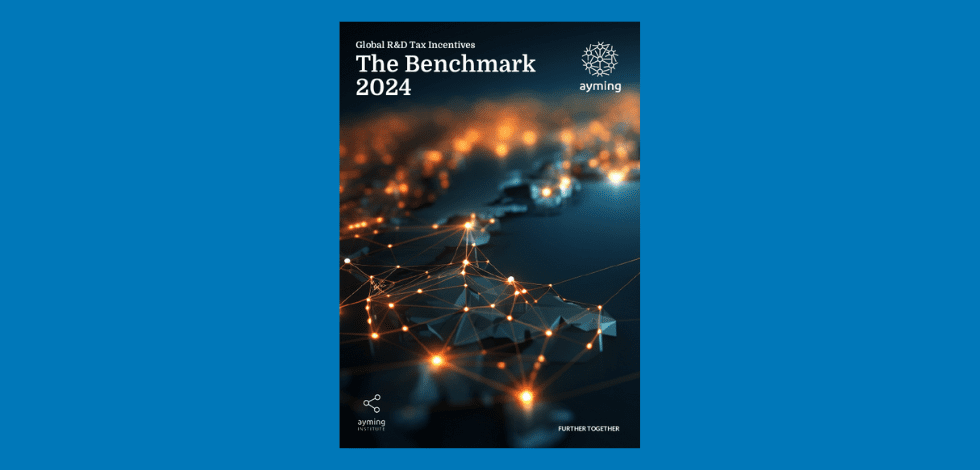
No Comments